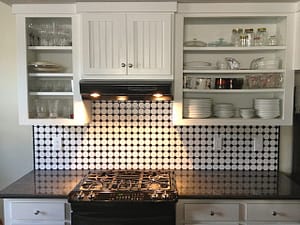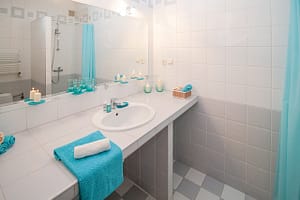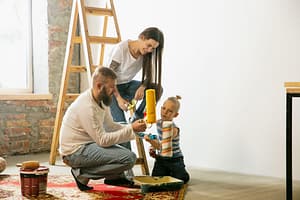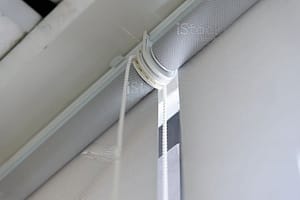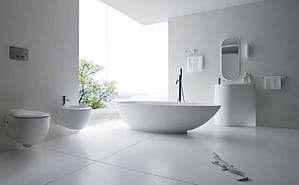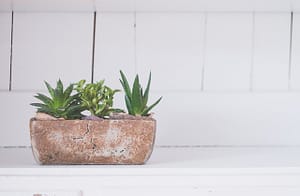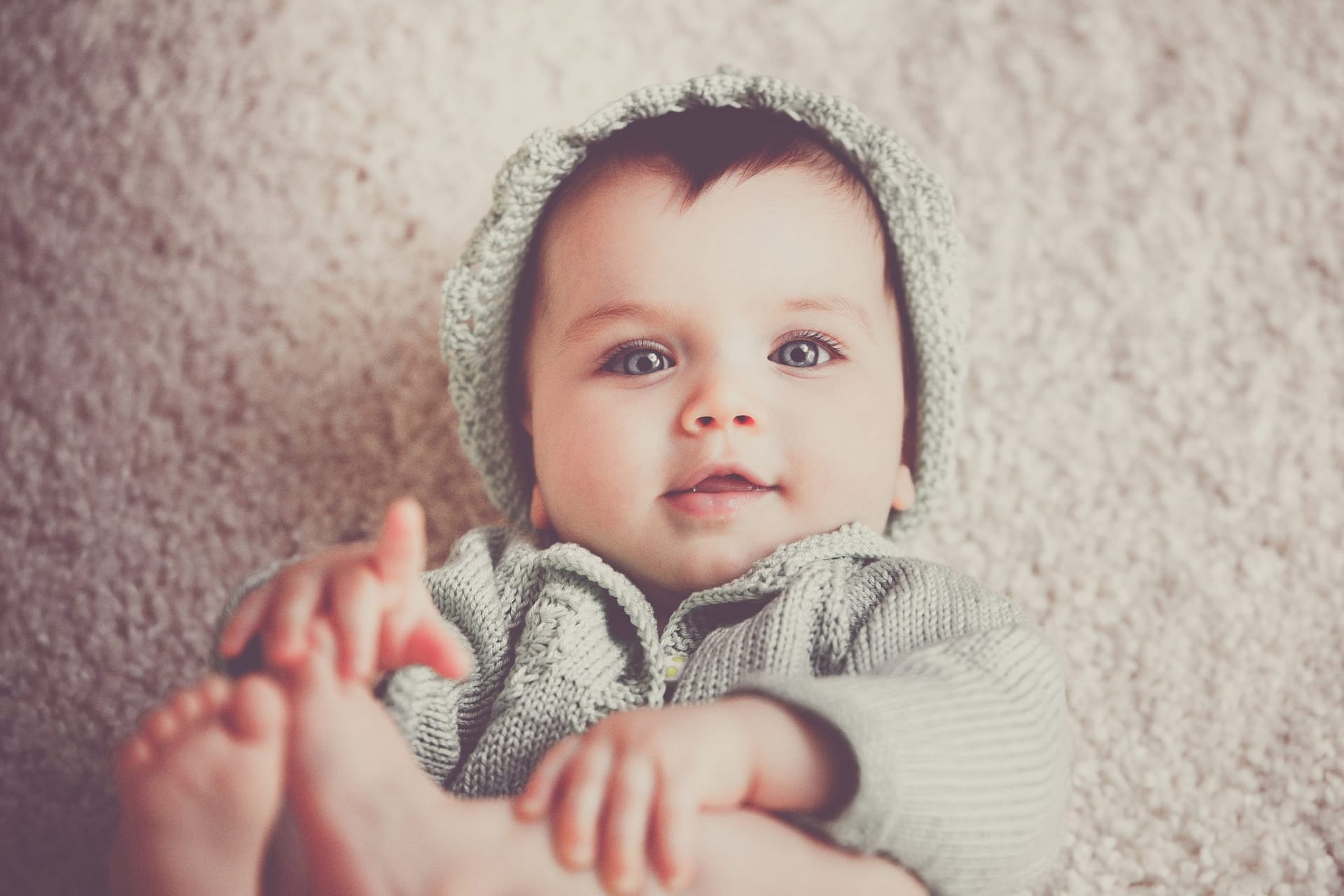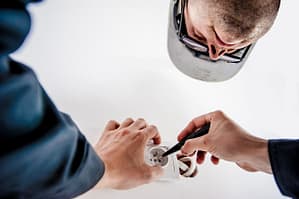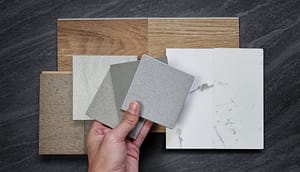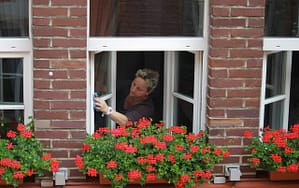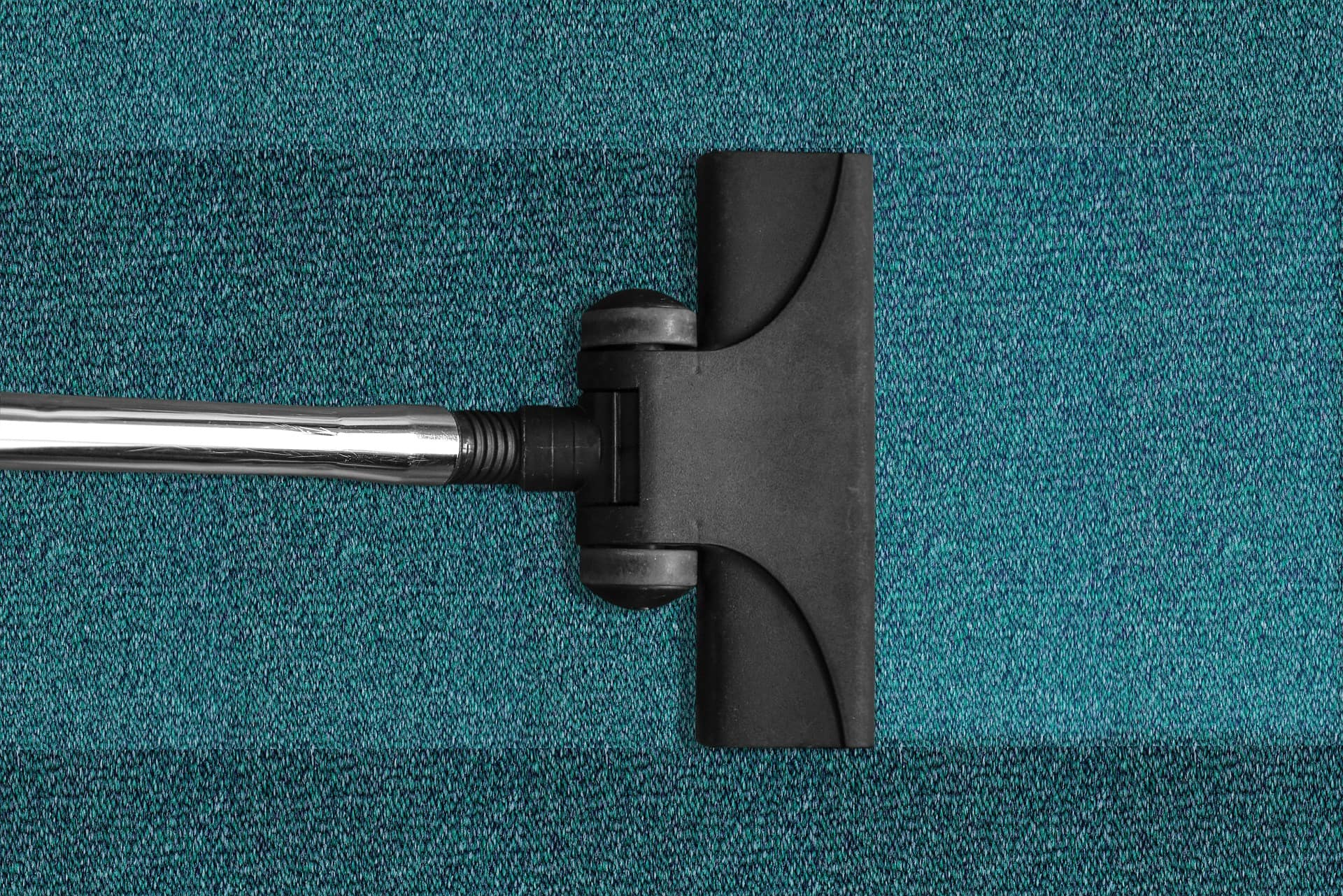
If you are expecting a baby, or have just given birth, you are probably keen to do all you can to make your home as clean, hygienic and safe as possible for your new arrival.
This is to be expected: most mothers, even in the animal world, have a strong instinct to prepare a safe space for their offspring. It is commonly known as ‘nesting instinct’.
One of the most important items to thoroughly clean in your home is your carpet. It comes into contact with shoes or feet, pet paws, spillages, spray from coughing and sneezing, and all sorts of other things you’d rather not touch or want your baby to get exposed to.
Unfortunately, a carpet is much harder to wash than almost any other type of floor or domestic surface. It isn’t just a case of washing down with soap and water regularly. It’s going to take time, effort and expense to get and keep a carpet hygienically clean. But it’s really also important to have it deep cleaned if you have a baby on the way, or have already given birth.
Why Is It Important to Keep My Carpets Really Clean for Baby?
In the first couple of weeks, a baby will spend nearly all his or her time sleeping or feeding. After a few weeks, however, a baby will need to spend more time at floor level for shorter periods of time.
Lying flat where your newborn baby can move freely is necessary for his or her development. Most parents use a comfortable play mat on top of a carpet at first. On this mat, your baby can be stimulated by toys, watch what is happening around him or her, and begin to learn to roll and shuffle about. The mat can be washed regularly.
Gradually, as your baby begins to sleep less and play more, he or she will begin to spend even more time on the floor. After six months or so, your baby may be sitting up and reaching out for toys, rolling around and beginning to crawl. At this time, it is impossible to keep your baby confined to his or her play mat so the hygiene status of your carpet becomes even more crucial. In fact, you should observe how often your baby picks up a toy from the carpet and puts it straight back into his or her mouth.
Babies so young lack many of the antibodies that are produced by the adult immune system. These antibodies are needed to protect their own body from viruses and bacteria. Although babies do inherit some antibodies from their mothers, these do get depleted over time.
Your baby’s immune system is still in development, meaning he or she is more susceptible to illness than adults and older children. If your baby was born prematurely, he or she will be even more at risk, as your baby will have inherited fewer antibodies due to the shortened pregnancy term.
When you consider just how much time your baby will spend either directly on your carpet, or in very close proximity to it, it’s important that parents take note of these 5 important domestic-carpet facts:
Just How Dirty is My Carpet Likely to Be?
Fact 1: Air quality can often be worse inside your home than outside in the street. This is, in part, because home textiles such as carpets and couches absorb dust and dirt. When these are stepped or sat upon, a cloud of this dust, dirt and any other nasties are thrown into the air.
Fact 2: The following microorganisms are possibly living in your carpet:
- MRSA. This antibiotic-resistant superbug loves sweaty feet, so it can easily be trampled and transferred into your carpet.
- Norovirus. This nasty virus can cause sickness and diarrhea. It’s able to live in your carpet for several weeks.
- Mold and fungi. These can make a home in your carpet, particularly if damp is a problem, or there are food and drink spillages that aren’t properly cleaned up. Some of these molds and fungi can cause serious allergies.
- Dust mites. The tiny mites feed off of the microscopic flakes of skin you and your pets shed. In their short lifecycle, they can lay hundreds of eggs and produce thousands of minute fecal particles. It is common to be allergic to dust mites.
- A whole host of other bacteria and viruses. There are too many to mention individually, but their effects can be nasty: coughs, colds, fever, stomach upset, and infections.
Fact 3: Your carpet may hold more bacteria per square inch than your toilet seat. This is less surprising when you consider how often you clean the toilet compared to the carpet.
Fact 4: Just because your carpet looks spotlessly clean doesn’t mean it is. All of the nasties listed above are invisible to the naked eye.
Fact 5: If anybody in your home is a smoker, lots of those nasty chemicals will have found their way into your carpet, too.
If you are tempted to discard the carpet at this point, wait, and don’t panic!
It’s important to remember that a completely sterile environment would also be bad for the baby’s health. Having a super clean home has been linked to increased rates of asthma, eczema and other childhood health problems.
By keeping your home ‘too clean’ you are also removing relatively harmless bacteria. It is exposure to these bacteria that enable the immune system to develop more resistance to the nastier bacteria.
The answer is to keep the carpet but to clean it thoroughly now and then maintain a reasonable level of hygiene. Here’s how.
So, How Do I Keep My Carpet as Clean as Possible?
1. Before baby arrives, invest in a thorough professional clean. This is the best way to ensure your carpet is as clean as possible.
The equipment and products used by professional cleaners are far more powerful and efficient than any domestic machines and products. They will be able to deep clean the dirtiest of carpets thoroughly.
It should be possible to find an ‘at-home’ service where cleaners will come to your home to cleanse larger carpets. They will move and replace heavy furniture, and you should find the service quick and easy.
2. For any products used on your carpet, check that they are baby-safe. Check with the professional cleaner that ingredients in their cleaning products are non-toxic, and ask them to explain why these particular products are safer for little ones than others.
3. Check that your professional cleaner uses a low-water method. This method should be preferred as it helps to prevent mold and mildew growth after the cleanup. Mold and mildew love damp, so check with your professional cleaner and ensure that the carpet will be quickly dry.
4. Book your carpet clean shortly before your baby is due or prior to your arrival so that you and your little one can come home to the cleanest, healthiest air quality possible.
5. Once you’ve had one professional clean, consider booking again after six months in preparation for baby crawling.
6. Once you’ve got a thoroughly clean carpet you need to maintain its cleanliness as best you can. Commit to the doing the following regularly:
- Firstly, vacuum at least twice a week, probably more if you have pets or older children. This will prevent dust, dirt, and debris from being ground deep into the carpet again where a domestic vacuum cleaner will struggle to reach it. If you regularly vacuum the top, there is little opportunity for the nastiest stuff to sink in more deeply.
- Secondly, remove dust from furniture regularly so less floats down onto the carpet.
- Thirdly, check for food and drink spillages regularly. Spot clean any you find to avoid mold and bacteria from feeding off the spillages.
7. If spot cleaning carpets, use as little water as possible. Try to avoid spot cleaning at a time when windows can’t be opened. You need a flow of air to help dry out the carpet quickly before mold begins to grow. In an emergency, you could use a fan to help with the drying process.
8. Use a non-toxic spot cleaner on your carpets. If this is hard to find, there are homemade alternatives:
- Baking soda is a safe material for cleaning up greasy stains. Sprinkle it onto the stain and leave for several hours (you’ll need to keep a baby away during this time). Vacuum up the powder and the stain should have disappeared.
- Baking soda also has deodorizing properties that can help remove the smell of baby vomit. It has antibacterial properties too, so it is a perfect cleaner to have around the home when there’s a new baby in the house.
- Club soda can clean up red wine stains very well. Dry the area thoroughly afterward.
- A dilution of white vinegar also makes a good stain remover. Just be careful not to leave the carpet damp.
9. Another option is steam cleaning. A domestic steam cleaner can be a good investment. Steaming a carpet will kill dust mites and bacteria, so it can really help prevent your baby getting sick. On the other hand, you need to make sure the carpet can dry quickly to avoid the dangers of having a carpet sitting damp for too long.
10. Take some preventative steps to stop dirt from reaching your carpet. For example, ask people to take shoes off their footwear at the door, provide indoor flip-flops or slippers, and ask people not to tread barefoot on the carpet.
Keep pets off carpets too, if possible.
A smart home cleaning tip is to invest in doormats for inside and outside to collect dirt before it makes its way into your home.
Finally, remember that a sterile home environment is not ideal for baby’s developing immune system. Good, sensible hygiene should always be your objective.
Follow the 10 tips shared above and you should have just that.

